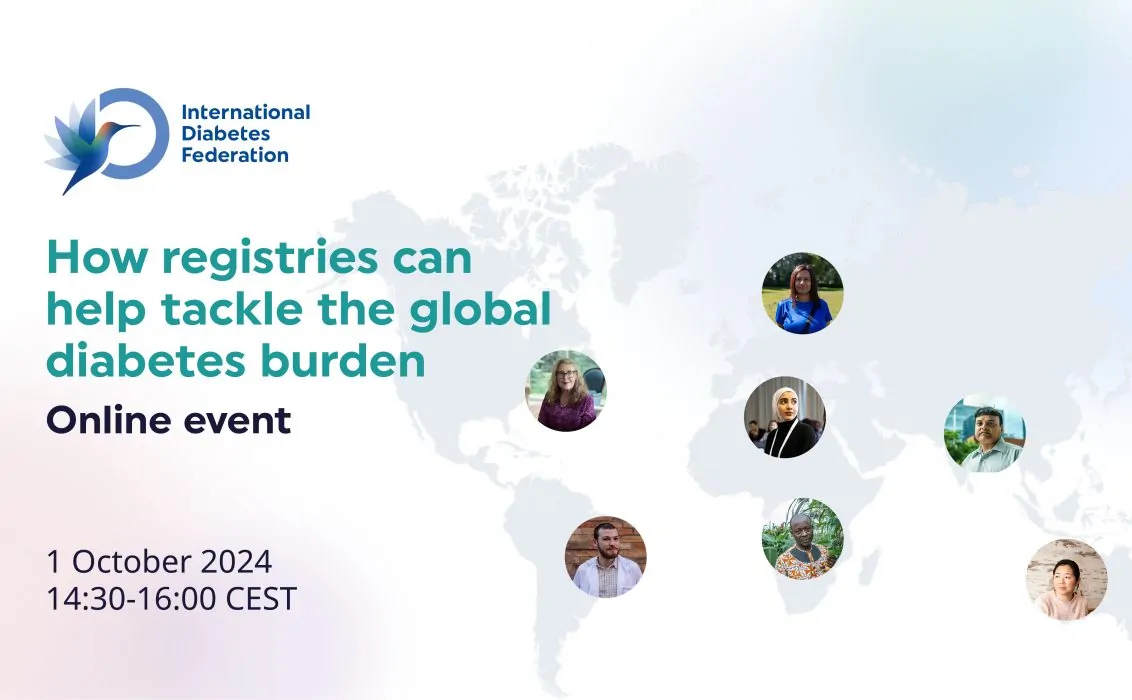Diabetes is projected to affect 1 in 8 adults, approximately 783 million, by 2045. From 2021 figures released by the International Diabetes Federation (IDF), this amounts to an increase of 46%. Even more alarming, nearly half of people living with diabetes today are unaware they have the condition. This silent pandemic demands urgent attention from healthcare providers, policymakers and the public.
Diabetes registries can be part of the solution. Registries are not just data repositories but powerful tools that can lead to solutions for improved diabetes care and prevention. They have the potential to deliver better management plans, decrease healthcare costs, and, most importantly, save lives. By identifying trends in care and treatment, fostering early diagnosis, and informing advocacy campaigns for policy change, registries can significantly improve the lives of people with diabetes.
However, the majority of national diabetes registries are clustered in high-income countries, creating a gap in data for low- and middle-income countries, where the diabetes impact is increasing most rapidly. This disparity leads to late diagnosis and a greater risk of diabetes-related complications, further burdening fragile healthcare systems and extending healthcare budgets.
To explore these issues in detail, IDF is organising an online event on 1 October, during which stakeholders from the diabetes community will explore the role of national diabetes registries in gathering real-world data on people with diabetes and promoting multisector collaboration.
Speakers include healthcare professionals, institutional representatives, people living with diabetes and other actors shaping diabetes policy.



